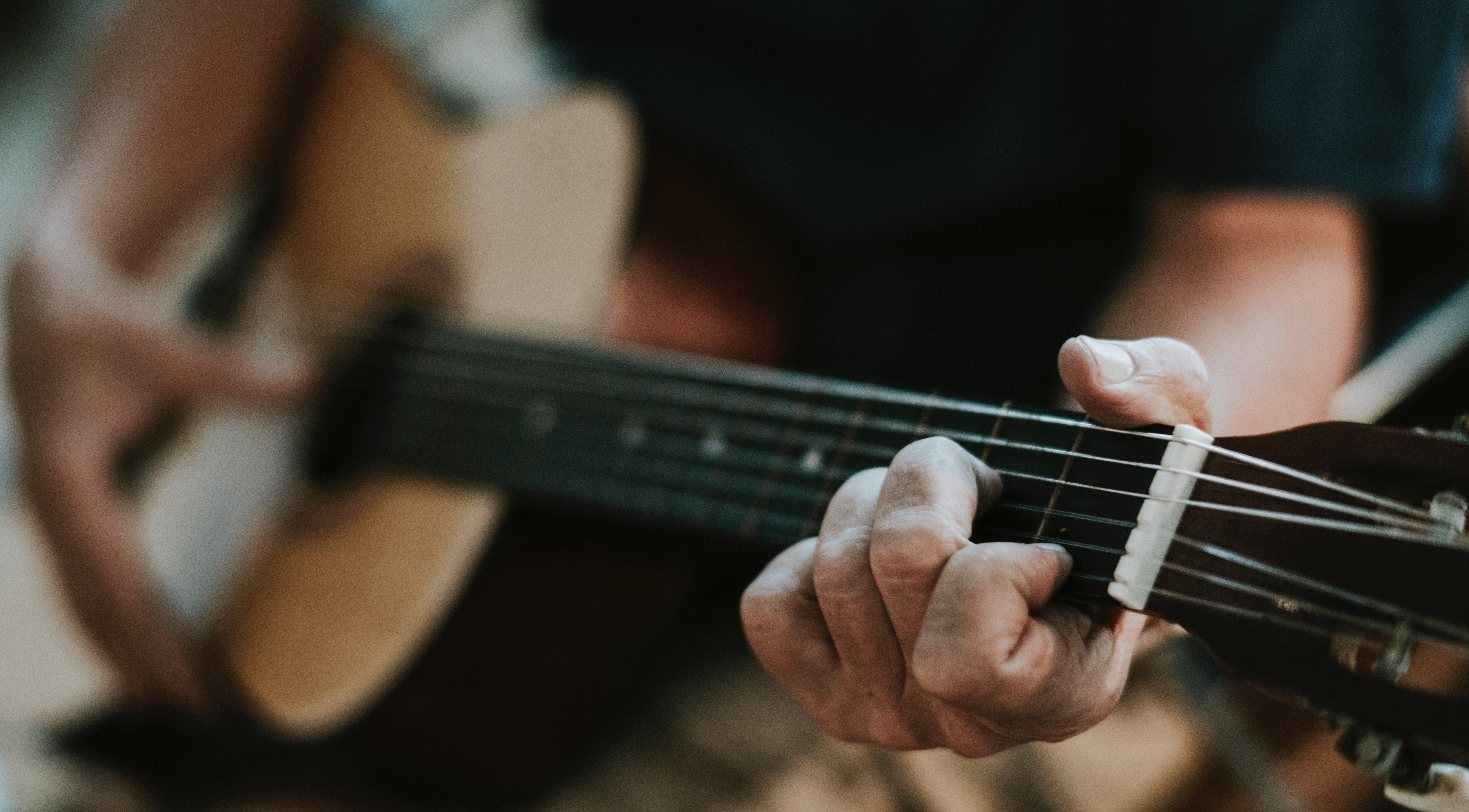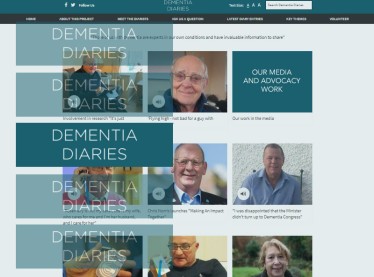Music can be familiar and meaningful for people with dementia even when their everyday world becomes increasingly harder to make sense of. Singing in a group provides a social outlet for women and men living with the condition and their partners (or other family members). Making music can also help people come to terms with the diagnosis and cope with their condition (Osman et al, 2014). In turn, music can provide comfort and help them maintain a sense of self as the condition progresses (Commission on Music and Dementia, 2018).
However, since everyone is an individual, a ‘one fits all’ approach is not always appropriate. Instead, finding out what music a man or woman with dementia enjoys is the basis for developing a personalised approach e.g. whether singing or playing instruments (or both) is preferred, the choice of instruments, developing a personalised playlist. In addition, taking account of the ‘memory bump’ is important - that is, people with dementia retain their clearest musical memories for music heard between the ages of 10 and 30 (Rubin et al, 1998). Music can be used to link the person’s musical preferences with their personal identity, life experiences and significant events and their overall life history (McDermott et al, 2014).
Music can also reach people with dementia when usual care approaches are not working well and the person is struggling to get the attention they need.
Of course, in communal settings such as care homes it is not always easy to cater for individual tastes, as the needs of a group of residents may have to be balanced (McDermott et al, 2014). You can complete this Playlist for Life chart to identify your musical preferences and begin to map your musical identity and see how these link with key memories from your own life.
Making music in a group can enable men and women with dementia to become more communicative and sociable (McDermott et al, 2014). Even just listening to music - as opposed to singing or other forms of making music - can bring emotional and social benefits to the everyday life of a person with dementia (Sarkamo et al, 2013). Although music can give people with dementia a means of expressing themselves when they find talking difficult, ironically, music may also help them to maintain their speech (Commission on Music and Dementia, 2018).
In addition, this case study of Eleanor (a care home resident) shows how the experience of playing instruments and making music helped her to improve her speech (Music for Life, 2016: page 24 of report).
Music can also reach people with dementia when usual care approaches are not working well and the person is struggling to get the attention they need. This case study of Val (another care home resident) illustrates how she enjoyed playing instruments, with this clearly showing in her positive body language such as her smiles and her eye contact with staff (Music for Life, 2016).
It’s important to be aware that some music can be upsetting to hear, particularly if it brings up painful memories. Playlist for Life has practical pointers for avoiding what it calls these ‘red flag songs’.
However, when used thoughtfully and sensitively and informed by insights into the musical identity of the woman or man with dementia, music can enrich life and bring meaning to an increasingly fragile mind.








Rate and Review
Rate this article
Review this article
Log into OpenLearn to leave reviews and join in the conversation.
Article reviews